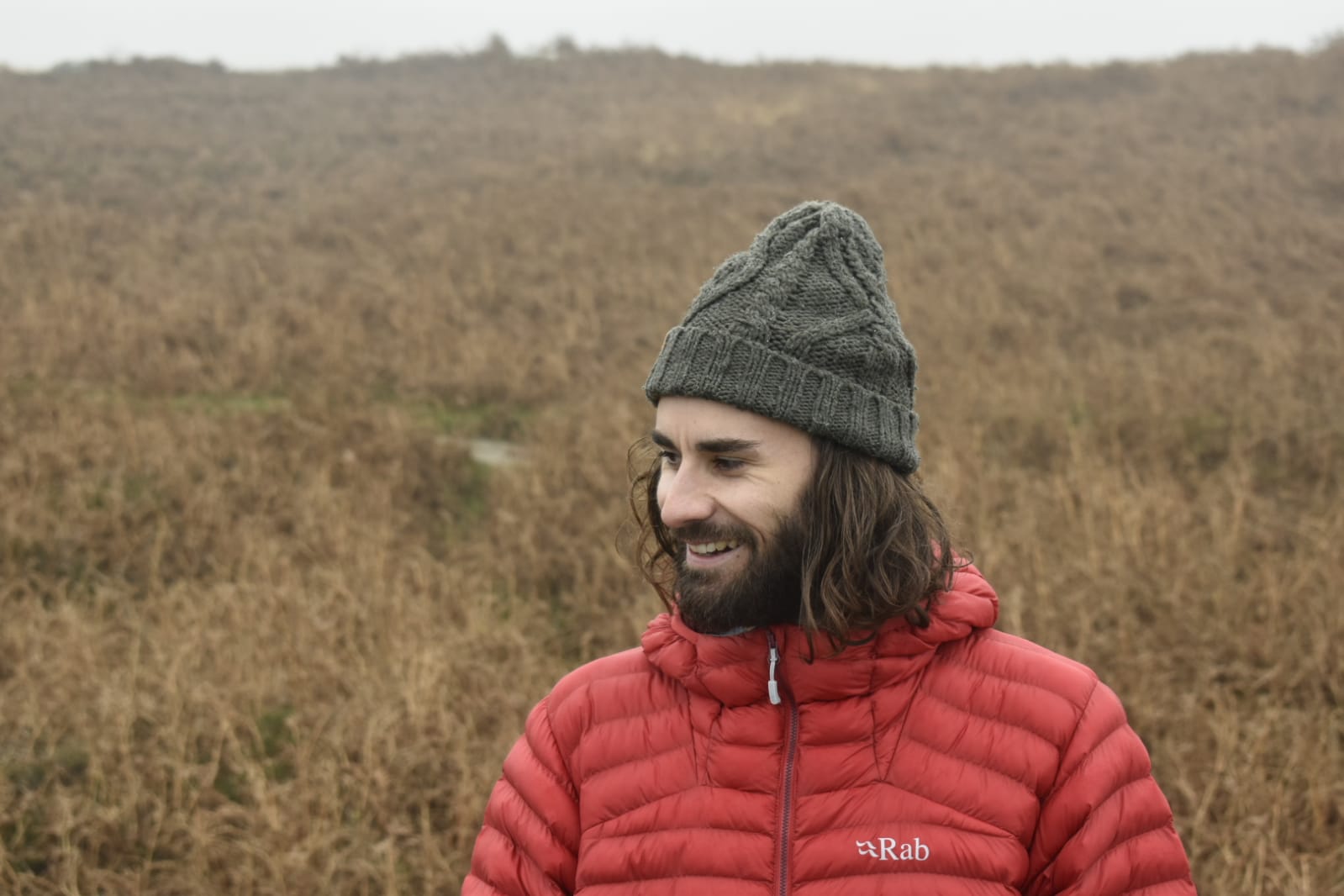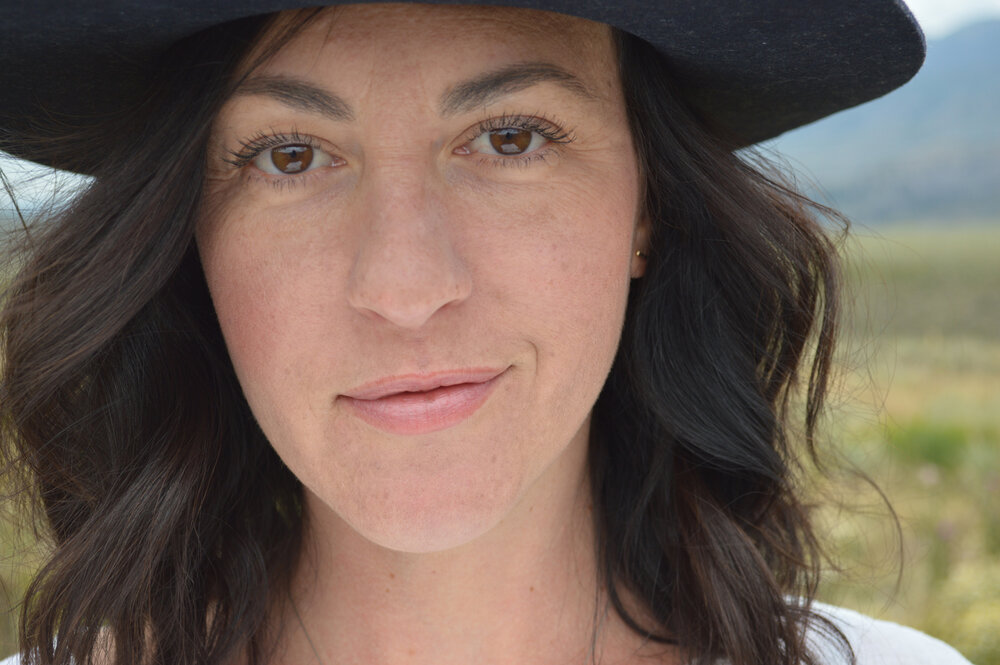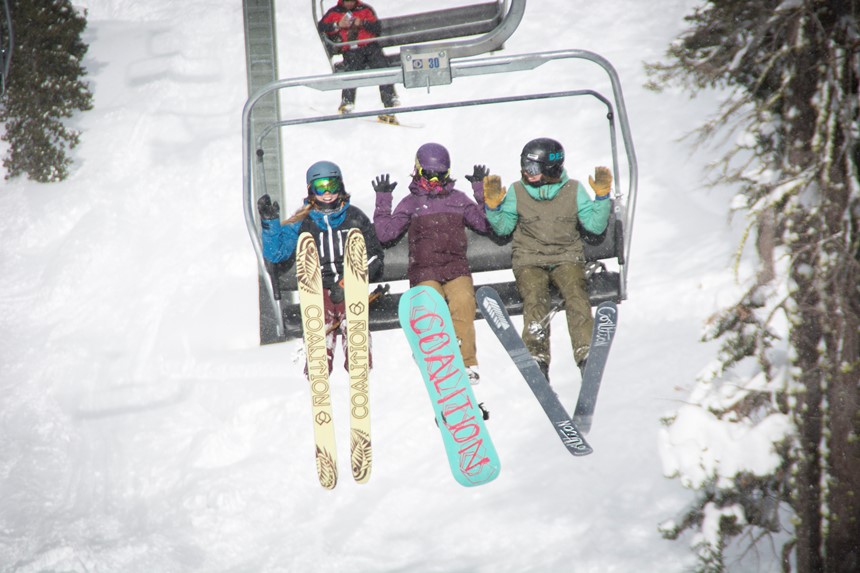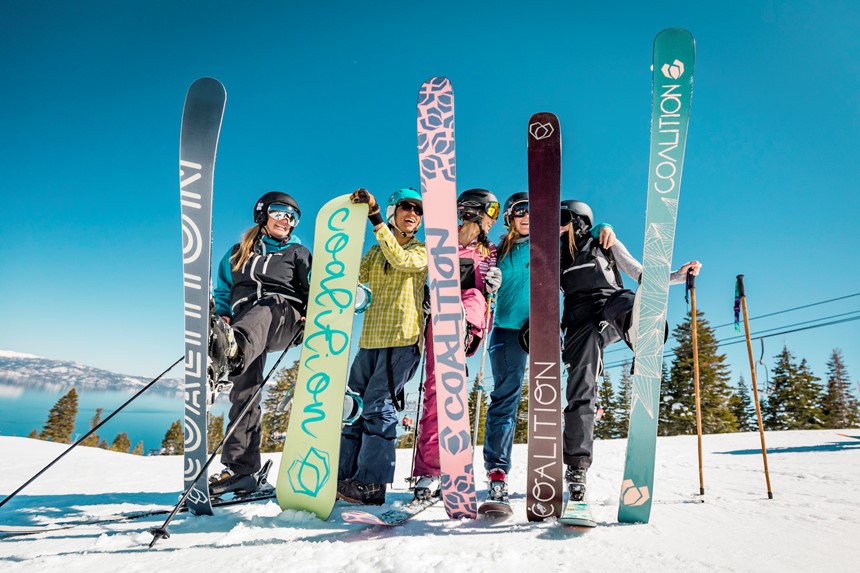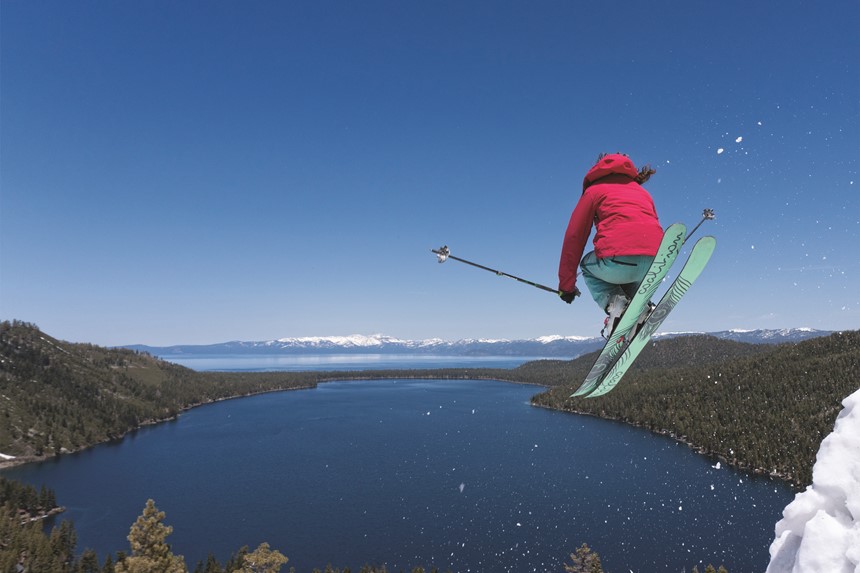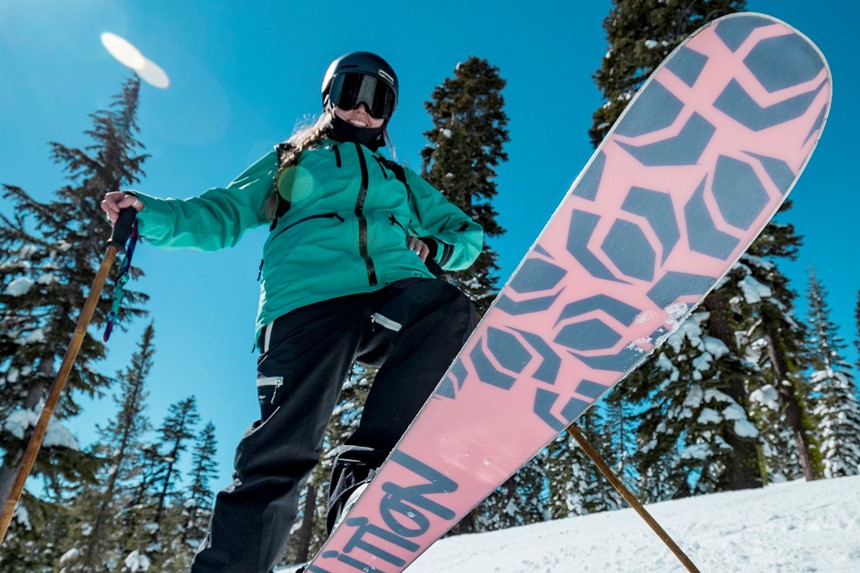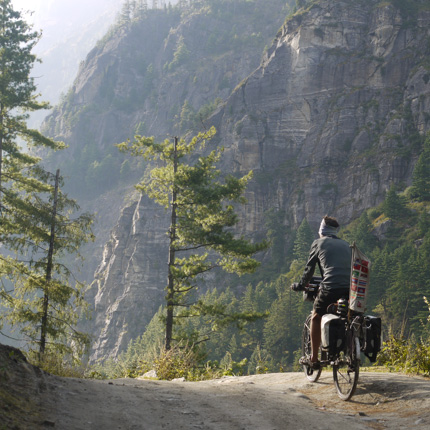This alignment distinguishes Coalition Snow, which now operates in irreverent but inclusive conversation with podcast Juicy Bits and quarterly magazine Sisu. The team has also just launched the Coalition Clubhouse: a virtual community that brings together social justice and snowsports. “We knew from the very beginning that there was a lot more to what we were doing besides selling a product,” explains Jen.
Juicy Bits sees Jen and Ambassador Jillian Raymond in candid conversation about politics, sex, equity in the outdoors and more - conversations revolving around improving outdoor culture that “start on the trail and on the chair lift.” Sisu provides a broader space, around similar issues and beyond, designed to platform “more underrepresented voices controlling the messages and images we consume.” Sisu is profitable despite facing considerable distribution challenges and rejecting advertising (although it does work with sponsors to identify compelling stories).
Both projects grew from a need to discuss issues around gender, race, class and industry access beyond the limiting parameters of even an irreverent business. All three outlets supplement each other by drawing on the same strong voice revolving around a “take-no-shit-fuck-the-patriarchy ethos.”
Together, Jen’s work skewers the conservative idea that adventure sports are inherently subversive. She takes issue with how people in the snowsports industry often champion themselves: “You know, they're the underdogs, they’re core, they fight against the establishment. And I'm like, ‘Hey, guys, you are the fucking establishment! Wake up to what's happening in the world. You're so exclusive. You have alienated women, people of colour and people who identify outside of the gender binary. So you know what? You are the man now.’”
“The outdoor industry, whether it meant it or not, has made so many people feel small,” says Jen. “Because people have felt small and insignificant, they have shrunk themselves, when there are ways we can rise. One way to rise is to say: ‘This is who I am. This is how I exist. This is the narrative about myself, and I'm not sorry for it. I'm not going to apologise for it, I'm not going to tone it down, I'm not going to be what you want me to be, I'm not going to fit into this neat little box that makes you comfortable. If you're uncomfortable, that's your own thing. I'm just gonna exist here.’”
Some industry allies have expressed discomfort at this iconoclasm, but Jen is unapologetic. “We call things the way that we see it, no one gets off the hook,” she states. But this iconoclasm is driven, and tempered, by a commitment to inclusivity. It doesn’t involve calling individuals out or vilifying entire groups. “I do a lot of work behind the scenes with, you know, white men in power to build alliances and actually look at how can we move these things forward.” Besides, she says, there are many intelligent men in the industry supportive of change.
Neither does Jen absolve herself or the team on this front. She readily acknowledges that they must do more to check their own privilege, and counteract potentially exclusionary labels like the ‘man-women’ binary. “We cannot continue down this path of bougie-ass white women,” she acknowledges. “If we just continue to fly this flag around gender, and not look at how race and class and all these other things intersect, then we are actually part of the problem.” The need to do something more inclusive and intersectional “was really the impetus for the magazine, which I think is a reflection of our growth,” she says.


